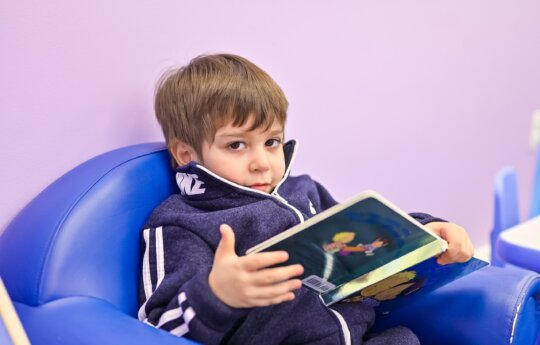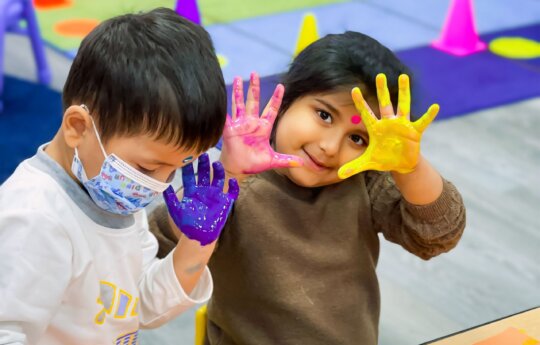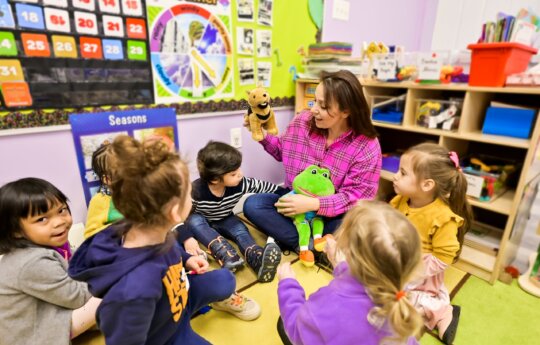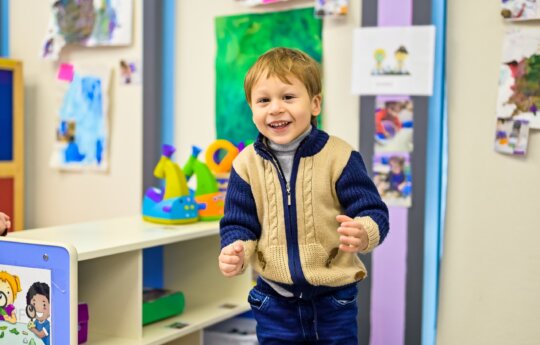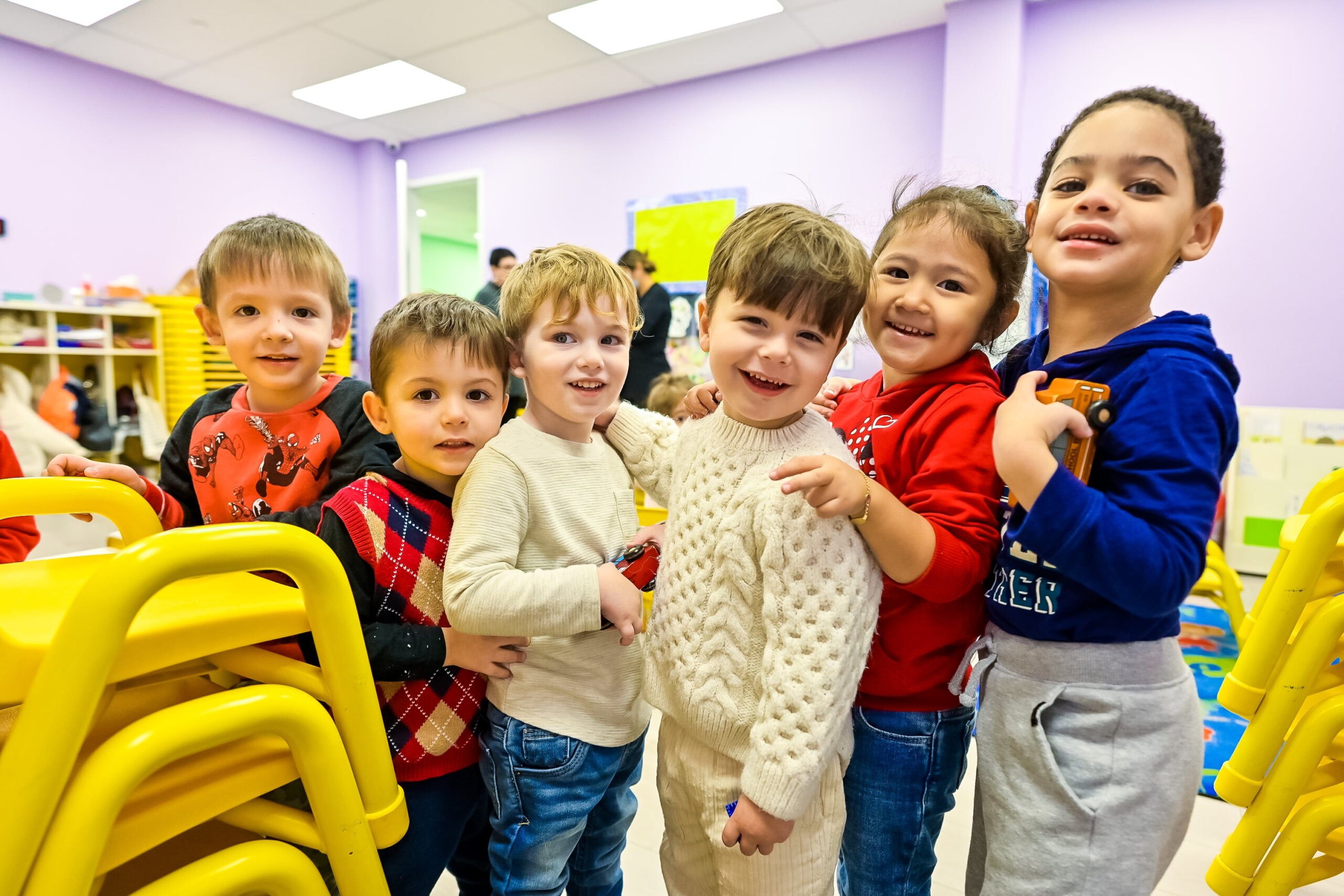
From the earliest stages of kids’ development until the age of eight, children should be engaged in Early Childhood Education (ECE), which is a variety of programs aimed at fostering their learning and overall development. This program supports children in achieving success in different aspects of their lives, including academics, social interactions, emotional well-being, and physical development.
Delving into the complexities of preschool programs uncovers their many benefits that extend far beyond the classroom. It influences not only how well a someone does in school, but also how their life and career turn out. Recognizing the substantial influence of ECE on children’s development is, hence, of the utmost importance for parents, teachers, and lawmakers.
The Role of Early Childhood Education
A child’s social, cognitive, and emotional development are the three pillars upon which ECE rests. In determining the general health and future achievement of young students, the following factors are interdependent and equally important.
Key Components of ECE
1. Social Development
The value of adult-child interactions is a central tenet of early childhood education (ECE). As they grow up, kids form deeper friendships and learn valuable social skills like working together. Children can easily traverse their social environments and build strong connections when they learn to communicate effectively, empathize with others, and resolve conflicts.
2. Cognitive Development
Reflection, finding solutions, and overall understanding are all components of a child’s cognitive development, which focuses on their intellectual advancement. ECE provides a supportive environment where children can develop critical and creative thinking skills.
3. Emotional Development
As part of their emotional development, kids learn to recognize, name, and manage their own and other people’s feelings. When kids form close bonds with caring individuals like parents, teachers, and caretakers, they are better able to handle stressful situations and emotional challenges.
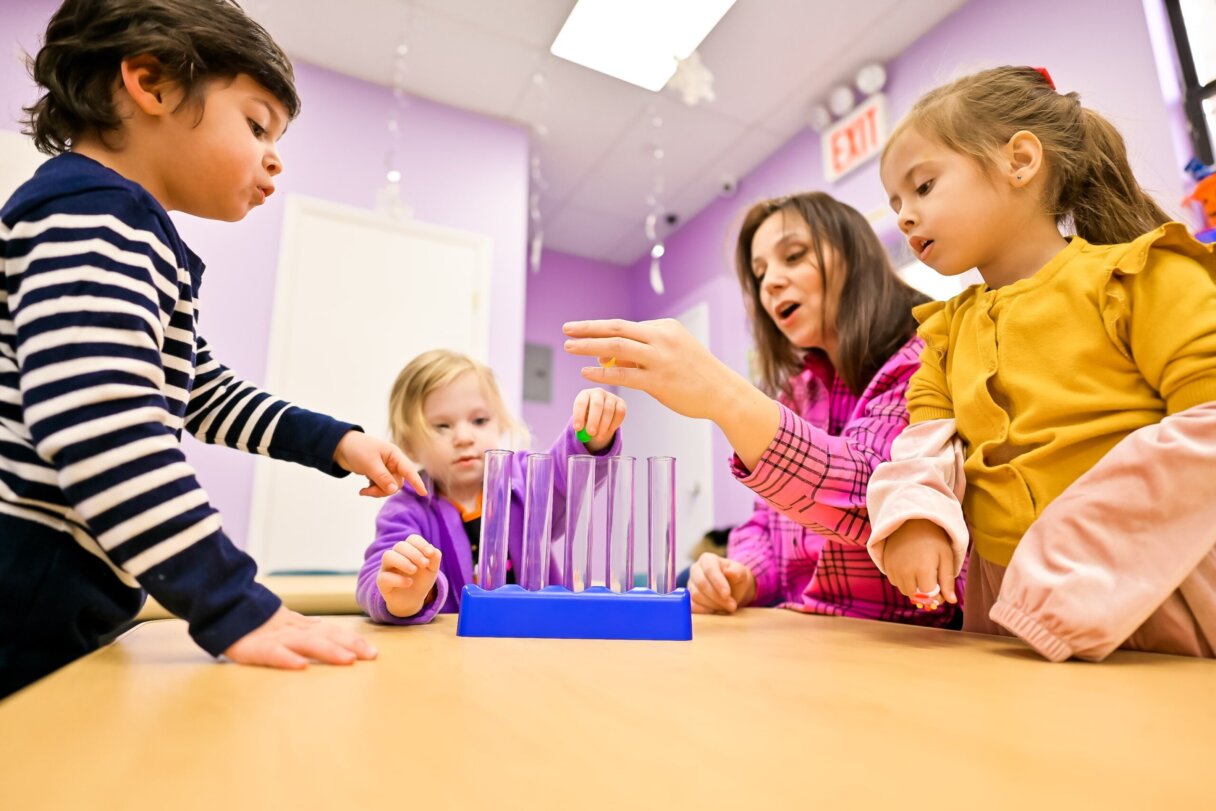
Impact of ECE on Cognitive Development
Consistent with previous findings, research confirms that ECE has a substantial positive effect on children’s cognitive development and academic achievement. Our study’s main takeaways are as follows:
- Studies show that the brain goes through a phase of fast growth in the early years. Cognitive skills like memory, attention, and problem-solving are improved with ECE because they offer engaging experiences that strengthen brain connections.
- Children who participate in high-quality ECE programs likely to have enhanced language skills, such as a broader vocabulary and greater reading comprehension, according to studies. This level of early linguistic competence strongly predicts academic achievement in later years.
- Students’ arithmetic abilities are enhanced when they participate in early education programs that include targeted math training, showing improvement in their grasp of fundamental mathematical ideas, patterns, and numbers.
- Research has connected ECE to enhanced management skills, which include abilities such as self-regulation, flexible thinking, and working memory. Organized activities and play in preschool settings promote these abilities, which are critical for academic progress.
- Early childhood education aids in the detection and remediation of learning difficulties and developmental delays. If children get help while they are young, they have a much better chance of achieving their full intellectual potential.
Case Studies
ECE has been shown to promote cognitive development in children, according to a number of acclaimed case studies and real-world examples:
HighScope Perry Preschool Project
Beginning in the 1960s, the HighScope Perry Preschool Project kept track of kids from the time they were toddlers until they were adults. Children who went to HighScope Perry Preschool showed a lot of cognitive growth in preschool, which was linked to later success in reading and math in school. The study also found benefits that happen over time, like higher rates of jobs and high school graduate.
The Abecedarian Project
Researchers initiated the Abecedarian Project in the 1970s to explore the outcomes of providing comprehensive early education to children from low-income backgrounds, starting from infancy and continuing until they reached the age of five. By the time the subjects reached the age of 21, their IQ scores showed a significant improvement. They excelled academically and had a higher likelihood of pursuing higher education.
Chicago Child-Parent Centers (CPC)
The CPC program has a long history, starting in the 1960s, and provides assistance to children from preschool through third grade in their academic pursuits and in supporting their families. Researchers who conducted a study on this program discovered that students who participated in it demonstrated improved performance on memory tests, showed enhanced skills in reading and math, and exhibited a higher likelihood of completing high school compared to their non-participating peers.
The importance of high-quality ECE in promoting cognitive development is shown by these case studies and examples. They show how children, especially those from low-income families, may benefit from early educational interventions in terms of cognitive ability, academic performance, and overall life possibilities.

Early Childhood Education and Academic Success
The goal of ECE is to help children develop the mindset and set of abilities that will serve them well in later years of formal schooling and beyond. This shift and preparedness may be aided by ECE in the following ways:
- It assists children in developing the necessary skills to thrive in a formal educational setting, fostering enthusiasm and readiness to engage in learning. Crucial abilities for adapting to the structured environment of formal education involve developing focus, adhering to directions, and sustaining attention on one task at a time.
- ECE does more than just teach kids how to read and write; it exposes them to the world via art, science, and social studies, among many other topics.
- Possessing strong communication skills is essential for academic and professional success. ECE programs provide an emphasis on language development, which includes listening, speaking, reading, and writing.
- Activities in ECE, such as sketching, playing with little things, and engaging in sports and activities, assist children in developing their fine and gross motor abilities. These abilities are critical for academic success in a variety of contexts, including the physical demands of writing and athletics as well as the intellectual development associated with spatial and logical thinking.
- ECE programs help children develop a sense of independence and responsibility by establishing daily routines and engaging in organized activities. These routines are foundational for succeeding in formal education and for growing as an individual.
Components of Effective Early Childhood Education
High-quality Early Childhood Education programs are characterized by engaging and challenging curriculum, teaching from professionals in the field, and nurturing classroom settings. To ensure children receive a comprehensive education that prepares them for the future, the following factors are essential:
Curriculum
- It should bring together different subjects like arts, math, science, reading, and writing.
- The kids’ age and stage of development should be taken into account when planning the materials and activities.
- Play-based learning is a big part of many good ECE programs because kids learn best when they are having fun.
- A curriculum that is both culturally relevant and welcoming lets all students see themselves and their families in what they are learning. It also promotes acceptance and honors the different backgrounds of students.
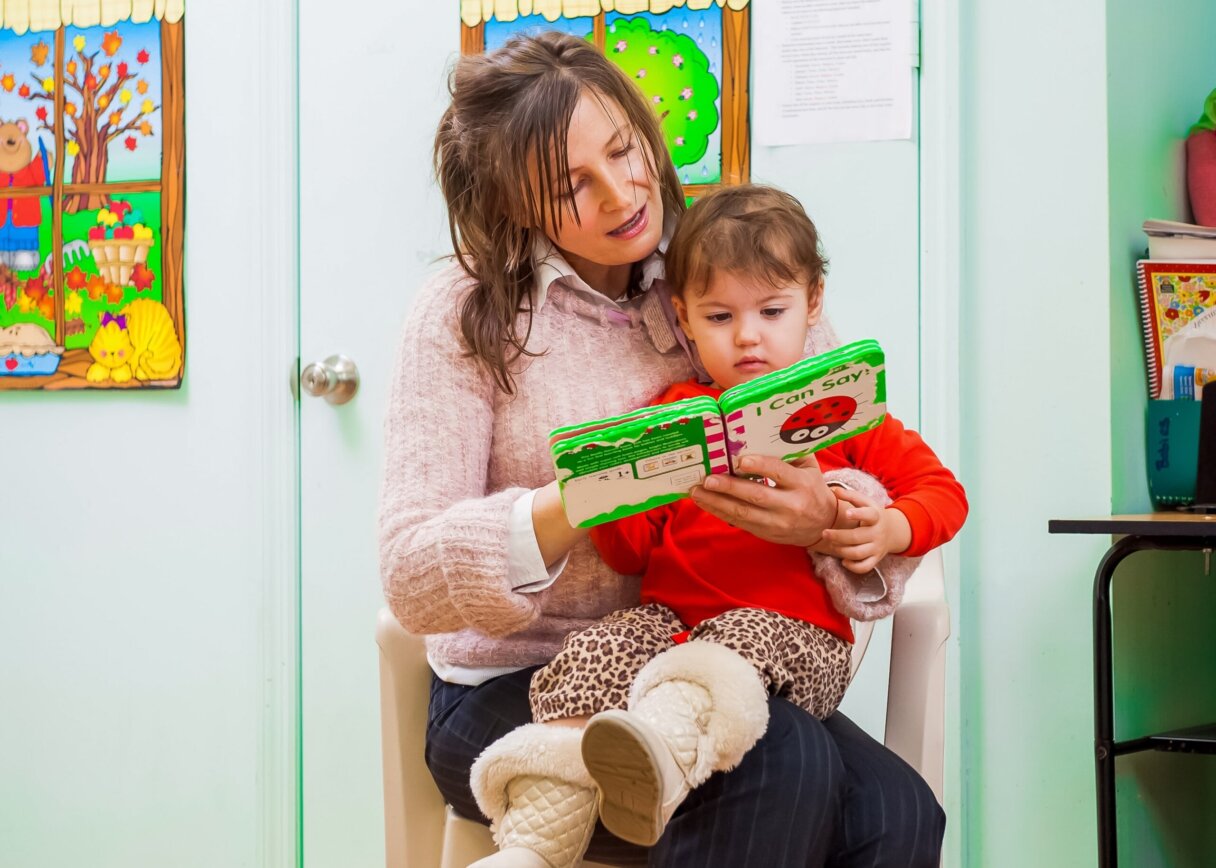
Teacher Qualifications
- People who work with young kids should have experience with early childhood education and know the special hurdles these kids face as they learn and grow.
- Professional development is something that teachers must do all the time to stay up to date on the latest research, teaching methods, and best practices in early childhood education.
- Lower teacher-to-child rates make sure that each student gets the help and care they need, which is important for their growth and academic success.
Learning Environment
- A nurturing and safe setting is one in which children may grow up feeling loved and cared for while also being able to study and grow in an atmosphere that promotes positive emotions.
- Classrooms have to be furnished with a diverse array of materials and resources that encourage learning and investigation in many fields.
- The setting should be flexible enough to accommodate children’s evolving interests and demands, fostering an atmosphere that is conducive to discovery and accommodating of various learning styles.
- High-quality ECE programs often include outdoor play spaces that allow for physical exercise, discovery of the natural world, and the improvement of motor skills.
This is best shown by Little Scholars Daycare, which has all the hallmarks of an excellent ECE program. Little Scholars provides a holistic and integrated approach to child development via its curriculum, which incorporates both academic learning and play and discovery.
The daycare has a small staff to ensure each kid receives individual attention from qualified teachers who have completed coursework in early childhood education. Little Scholars is a great place for kids to study because it is a secure, caring, and resource-rich setting with fun, interactive classrooms and expansive, age-appropriate outdoor areas. Because of our dedication to early childhood education, Little Scholars Daycare serves as an example of how a high-quality preschool may help a kid thrive in school and in life.
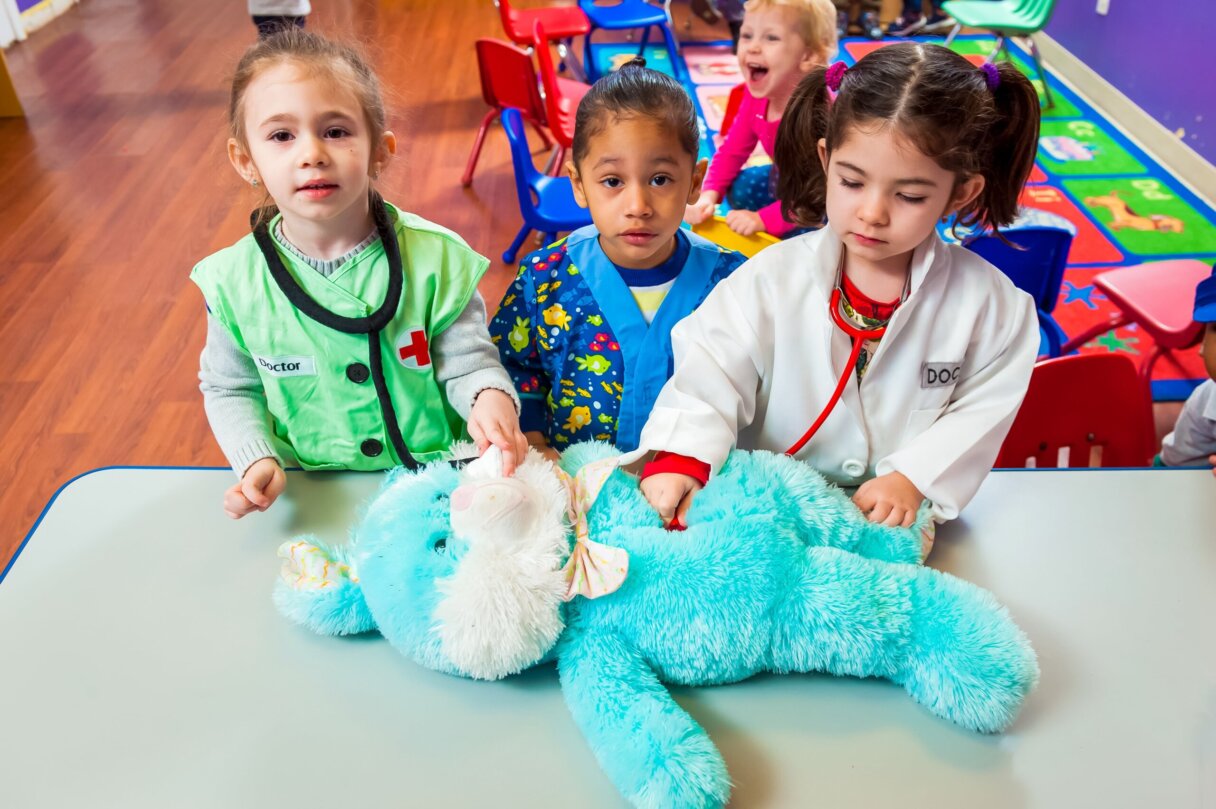
Future Implications of Early Childhood Education
How ECE can lead to reduced societal costs in the long term
By improving both individual results and society as a whole, ECE has the potential to lower societal expenses over time. Economic savings and enhanced social results are contributed to by ECE in the following ways:
- Lower Dropout Rates
- Higher Employment and Earnings
- Reduced Crime and Juvenile Delinquency
- Improved Health Outcomes
- Enhanced Social Skills and Reduced Behavioral Problems
The role of policy and advocacy
It is important for laws and campaigns to work to improve access to high-quality early childhood education so that all children, no matter their family income, have the chance to benefit from high-quality early learning experiences. One way that pushing and changes to policies might make a difference is by:
- Quality early childhood education (ECE) may be made more accessible, particularly in underprivileged areas, by formulating policies that better distribute funds.
- Policymakers have the power to set and uphold stringent standards for ECE programs. These standards may include curriculum requirements, instructor certifications, and facility safety.
- Governments, schools, businesses, and nonprofits all work together to promote and enact policies that benefit their constituents.
- In order to make informed choices and use resources effectively, advocates and lawmakers must depend on robust research and data. Finding out what works, what doesn’t, and how various approaches to ECE stack up against one another is possible via ongoing program assessment.
Conclusion
The early childhood is more than just a beginning stage of learning. The ECE builds the foundation for a child’s future academic and personal success. It helps kids thrive academically and in life by addressing all three of their needs at once: social, cognitive, and emotional. Research and experiences show that investing in ECE pays off for all – individuals and society in the long run.
Little Scholars Daycare is an excellent early childhood education example that upholds the highest standards in the field. We place a strong emphasis on the personal development and academic achievement of each child. Our programs are designed with a child-centered curriculum, ensuring that each individual needs and interests are taken into account. Our teachers are highly trained to provide the best possible education and support for every child.
Come and experience the transformative power of Little Scholars Daycare as we shape your child’s education and set the stage for a bright and successful future!

